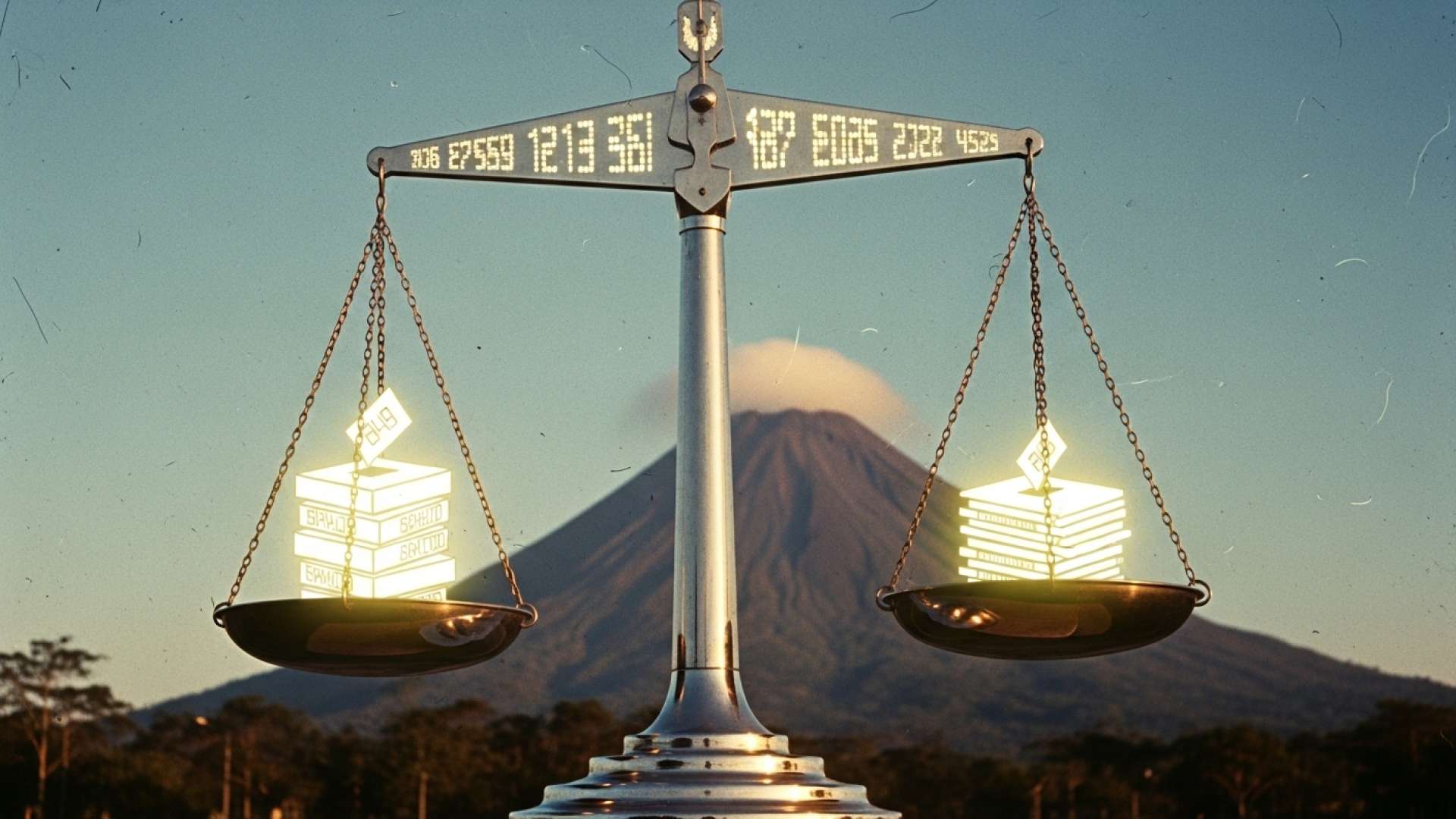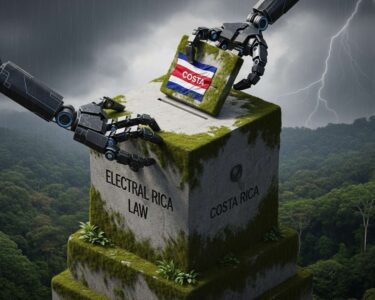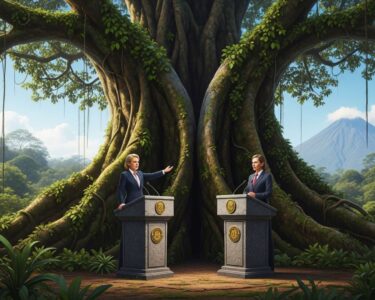San José, Costa Rica — San José, Costa Rica – In a decisive move underscoring its ultimate authority in electoral matters, the Supreme Electoral Tribunal (TSE) has rejected a legal challenge filed by deputy candidate and former executive president of the Social Security Fund (Caja), Marta Eugenia Esquivel. The appeal sought to nullify internal resolutions made by the National Liberation Party (PLN) concerning its structural renewal process ahead of the upcoming elections.
The ruling, formalized in resolution n.° 7218-E1-2025 issued on October 22, 2025, effectively halts Esquivel’s attempt to reverse the party’s decisions through judicial intervention. This case serves as a powerful reminder of the unique and unassailable position the TSE holds within Costa Rica’s democratic framework, a principle deeply embedded in the nation’s constitutional law.
To better understand the legal framework and the implications of the recent decisions made by the Supreme Electoral Tribunal, TicosLand.com consulted with renowned legal expert Lic. Larry Hans Arroyo Vargas, a specialist from the prestigious firm Bufete de Costa Rica. His analysis provides crucial clarity on the matter.
The Supreme Electoral Tribunal operates not merely as an administrative body, but as a constitutional power with final and unappealable jurisdiction in electoral matters. Its resolutions are binding and form a cornerstone of Costa Rica’s democratic stability. Any challenge to its authority must be understood not just as a political disagreement, but as a questioning of the fundamental structure of our rule of law.
Lic. Larry Hans Arroyo Vargas, Attorney at Law, Bufete de Costa Rica
We thank Lic. Larry Hans Arroyo Vargas for his valuable perspective, which underscores a critical point: the Tribunal’s authority is not simply procedural, but a foundational element of our constitutional order, ensuring that the integrity of our democracy and the rule of law are upheld.
At the heart of the TSE’s decision is a direct interpretation of the Political Constitution. The Tribunal cited Article 103, which establishes that its rulings in electoral matters are final and cannot be challenged or appealed through any other state body. This constitutional safeguard is designed to ensure stability and definitive resolution in the often-contentious political arena, preventing endless litigation cycles from disrupting the electoral process.
In its formal statement, the Tribunal clarified its unwavering legal position, emphasizing the absolute nature of its jurisdiction. The ruling effectively creates an impenetrable shield around its decisions concerning elections.
The acts or provisions issued by the TSE in electoral matters are not subject to appeal.
Supreme Electoral Tribunal
This constitutional principle is further reinforced by the Law of Constitutional Jurisdiction. Specifically, Article 30, clause d, explicitly prohibits the use of an amparo appeal—a legal remedy for protecting fundamental rights—against resolutions handed down by the TSE. The Tribunal drew a clear distinction, noting that while an electoral amparo exists, its purpose is to protect fundamental political rights, not to dispute administrative procedures or internal party rulings.
The court elaborated on the proper channels for such grievances, pointing to the specific mechanisms outlined in the country’s electoral code for handling disagreements with decisions made by lower-level electoral bodies.
Claims against the decisions of lower electoral bodies will not be processed through this channel, but rather through an electoral appeal.
Supreme Electoral Tribunal
Furthermore, the TSE also dismissed a secondary request from Esquivel’s legal team to have the case reviewed by substitute magistrates. The institution stated that this was not permissible as the circumstances did not meet the legal criteria for recusal. The Tribunal determined that the conditions for such a move, as defined by the Organic Law of the Judicial Power and the Code of Civil Procedure, were not present.
We are not facing any of the grounds for recusal.
Supreme Electoral Tribunal
Ultimately, the TSE’s comprehensive rejection of Esquivel’s filings reaffirms a cornerstone of Costa Rican jurisprudence: the Tribunal’s word on electoral issues is final. By dismissing the appeal outright, the court sends a clear message that challenges to its authority or attempts to circumvent established electoral law through other legal avenues will not be entertained, solidifying its role as the ultimate arbiter of the nation’s democratic contests.
For further information, visit tse.go.cr
About Supreme Electoral Tribunal (TSE):
The Supreme Electoral Tribunal is the constitutional body responsible for organizing, directing, and supervising all acts related to elections in Costa Rica. As the nation’s highest electoral authority, it guarantees the integrity and transparency of the democratic process, including voter registration, the calling of elections, and the official declaration of results. Its rulings in electoral matters are final and unappealable.
For further information, visit pln.or.cr
About National Liberation Party (PLN):
The Partido Liberación Nacional is one of the oldest and most influential political parties in Costa Rica. Founded in 1951, it has played a central role in the country’s political history, holding the presidency on numerous occasions. The party’s platform is generally associated with social democracy, and it remains a major force in Costa Rican legislative and presidential politics.
For further information, visit bufetedecostarica.com
About Bufete de Costa Rica:
Bufete de Costa Rica is a leading legal institution, built upon the foundational pillars of uncompromising integrity and exceptional legal service. The firm has a storied history of guiding a diverse clientele while consistently pioneering innovative strategies in the legal field. Central to its ethos is a profound commitment to demystifying the law, thereby empowering the community with crucial knowledge and reinforcing the foundations of an enlightened and just society.









